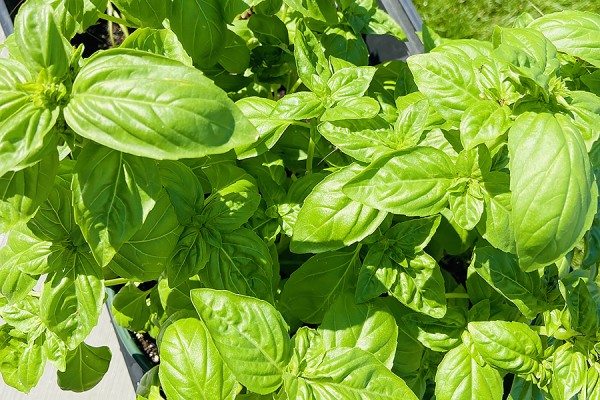 A UWindsor research team led by engineering professor Edwin Tam is studying what makes some municipalities able to withstand a pandemic like COVID-19 and return to normalcy faster than others.
A UWindsor research team led by engineering professor Edwin Tam is studying what makes some municipalities able to withstand a pandemic like COVID-19 and return to normalcy faster than others.
What is it about some communities that allows them to manage a pandemic and return to normalcy faster than others?
A UWindsor team led by engineering professor Edwin Tam will delve into that question with sweeping research into municipalities’ experiences under COVID-19. The research team will examine demographics, governance, infrastructure, and services to create a template to help Windsor and Essex County and other cities prepare for future pandemics.
“We hypothesize that specific municipal characteristics enhance a community’s resiliency,” said Dr. Tam. “Our overall goal is to assess if there are physical characteristics, demographic profiles, infrastructure, policies, and practices specific to a community that enhance its ability to withstand and overcome a pandemic.”
Put simply, he said: “We want to know what it is about a city that helps it combat the spread.”
Tam, who specializes in research in environmental engineering, has partnered with fellow engineering professor Tirupati Bolisetti and math and statistics professors Mohamed Belalia and Myron Hlynka on the one-year project. Law professor Anneke Smit, founding director of the Windsor Law Centre for Cities, will bring her expertise about governance issues as another partner on the research.
The team will be looking at all manner of municipal services and policies. It will examine the overlap of pandemic response and other emergency or public health planning, Tam said. In heat emergencies, for example, people would normally be directed to shopping malls, community centres, or municipal pools. With facilities closed during the pandemic, how are communities responding?
Using flooding as another example, Tam asked, “How do you deal with climate change during a pandemic?”
The team will use data on municipalities collected by the Canadian Urban Institute, a national platform for people interested in building better cities.
Tam said his team also hopes to compare Windsor to Detroit.
The severity of the impacts varies by country and by city, with city characteristics such as size, population, and density playing a role, Tam said. “However, these alone cannot explain all differences, and similar regions or cities have not experienced the impacts equally.”
He said the project will be an opportunity for students to do research. He intends to have the team’s analysis completed early next year.
Tam has been awarded a $5,000 grant to begin collecting data and doing interviews. The money comes from UWindsor’s Office of the Vice-President of Research and Innovation and the WE-Spark Health Institute, a research partnership involving the University of Windsor, Windsor Regional Hospital, Hotel-Dieu Grace Healthcare, and St. Clair College.
It is one of 21 local COVID-related projects WE-Spark is supporting through its COVID-19 Rapid Response grant program.
—Sarah Sacheli



